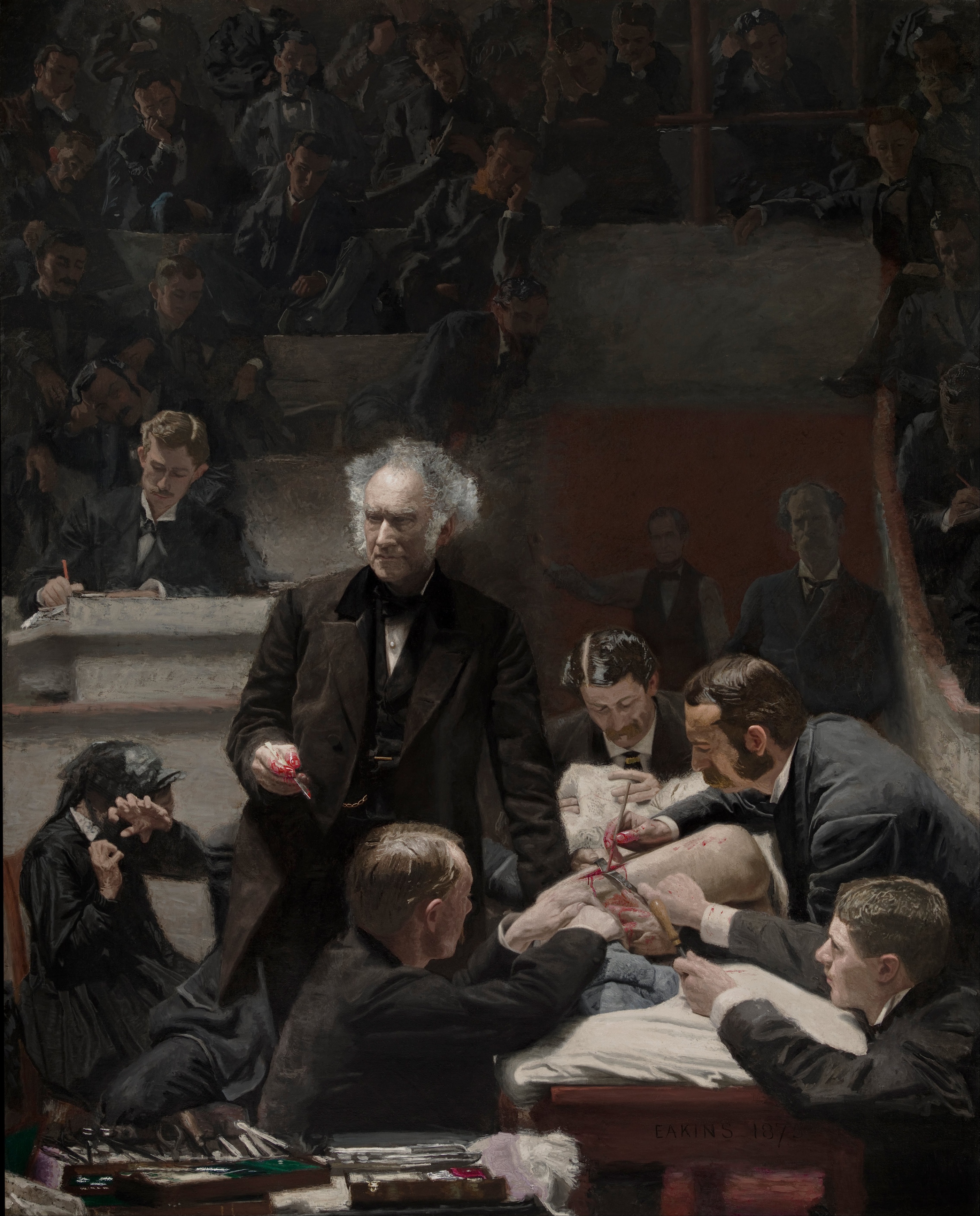The U.S. spends about 18% of its gross domestic product on health care, far more than most countries. One contributing factor that often goes overlooked: the high cost, in time and money, of becoming a physician. In a recent paper for the Mercatus Center, Jeffrey Flier and Jared Rhoads argue that the amount of time it takes to become a doctor—almost always at least a decade—constrains the supply, driving up prices….
Much of this education, especially courses required for a bachelor’s degree, has little to do with medicine. In the U.S., aspiring physicians must spend four years in college before med school (another four years) and then residencies….
The Liaison Committee on Medical Education, which accredits American med schools, does not require completion of a four-year bachelor’s program as a prerequisite for admission. But it does mandate that abbreviated programs include liberal-arts courses. While some premed education in fields such as biology is clearly desirable, there is little evidence that history, literature, or social sciences is worth the additional cost it imposes. Eliminating the bachelor’s-degree requirement outright would increase the supply of doctors without harming the quality of care.
For alternative views on medicine and the humanities, see here.









Leave A Comment